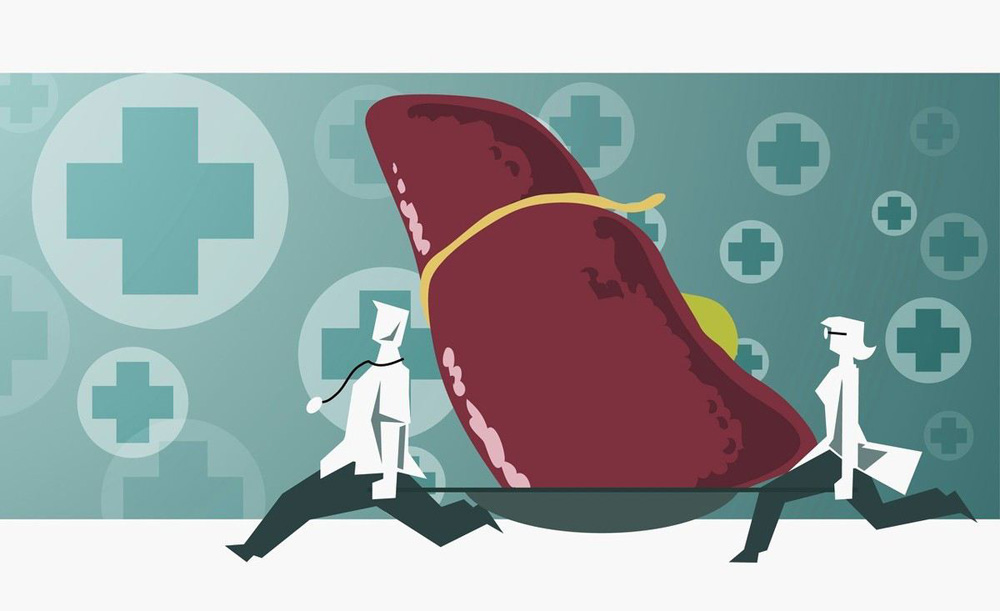On October 27, Gilead announced its Q3 financial report and revealed that its marketing application for bulevirtide (trade name: Hepcludex) for the treatment of chronic hepatitis D (HDV) submitted in November 2021 was rejected by the FDA.
Gilead said it received a complete response letter (CRL) from the FDA, revealing that it was because the FDA had concerns about Hepcludex production and delivery, but the FDA did not request new safety or efficacy clinical trial data; the company will take time to fully digest the CRL , and plan to resubmit as soon as possible.
bulevirtide is a first-in-class HDV viral entry inhibitor that binds to the hepatic bile acid transporter (NTCP) on the surface of liver cells. NTCP can specifically interact with the key receptor binding domain of the HDV/HBV envelope protein, which is the receptor required for HDV to infect host cells. Therefore, bulevirtide can prevent HDV/HBV virus from entering liver cells and prevent the virus from entering the liver. diffusion.
On June 24, Gilead announced the latest positive results of the Phase III clinical study. At week 48, the HDV RNA level of the 2mg and 10mg bulevirtide treatment groups decreased by at least 2log10, and the proportion of subjects who could not be detected was 45. %, 48%, and 2% in the delayed treatment group.
In July 2020, Hepcludex (bulevirtide) received conditional approval in the European Union for the treatment of adult chronic hepatitis D patients with compensated liver disease, the world’s first drug approved for the treatment of hepatitis D.
In December 2020, Gilead acquired MYR GmbH for 1.15 billion euros (about 1.7 billion U.S. dollars) in cash and obtained the new hepatitis D drug bulevirtide. Gilead will also pay MYR GmbH an additional 300 million euros ($360 million) in mileage if bulevirtide is approved in the U.S.
The 2022Q3 financial report shows that compared with the same period in 2021, total Q3 revenue in 2022 will drop by 5% to US$7 billion, mainly due to the decline in remdesivir sales. Yescarta’s sales rose 81% last quarter on demand for relapsed or refractory large B-cell lymphoma; Trodelvy’s sales rose 78% year over year to $180 million, primarily due to metastatic triple-negative Breast cancer treatment expanded to second/third line.
On October 11, Gilead announced that the FDA has accepted Trodelvy’s supplemental biologics license application for the treatment of patients with unresectable locally advanced HR+/HER2- metastatic breast cancer (regardless of HER2 status) and granted it priority review status , a review decision is expected in February 2023, and Gilead said it has begun preparations for its listing.









